- Global (EN)
- Africa (EN)
- Australia (EN)
- Belgium (EN)
- Brasil (PT)
- Canada (EN)
- Canada (FR)
- China (CN)
- France (FR)
- Germany (DE)
- Germany (EN)
- Hong Kong, China (EN)
- India (EN)
- Indonesia (EN)
- Ireland (EN)
- Italy (IT)
- Italy (EN)
- Japan (JP)
- Korea (KR)
- Latin America (ES)
- Malaysia (EN)
- Middle East (EN)
- Netherlands (EN)
- Spain (ES)
- UK (EN)
- Global (EN)
- Africa (EN)
- Australia (EN)
- Belgium (EN)
- Brasil (PT)
- Canada (EN)
- Canada (FR)
- China (CN)
- France (FR)
- Germany (DE)
- Germany (EN)
- Hong Kong, China (EN)
- India (EN)
- Indonesia (EN)
- Ireland (EN)
- Italy (IT)
- Italy (EN)
- Japan (JP)
- Korea (KR)
- Latin America (ES)
- Malaysia (EN)
- Middle East (EN)
- Netherlands (EN)
- Spain (ES)
- UK (EN)
.
As the global authority on Trust, Edelman uncovers the deep connections between trust and the societal transformations that define our world.
Amid times of change, one truth remains: trust is the foundation of progress. Edelman has been at the forefront of understanding this intangible force of society, observing seismic shifts in institutional trust over the past 25 years.
Trust Barometer Insights
The Edelman Trust Barometer has recognized macro trends in trust that may help us contextualize broader societal phenomena

Trust expands from traditional authority figures to peers

Trust inequality grows between high & low income households

Business has highest trust, greater expectations to lead

Lack of credible information sows division

Political & economic polarization weakens the social fabric
.
Plummeting trust in institutions has the world slipping into grievance. Here’s the fix.
Richard Edelman
The story of the Edelman Trust Barometer began in 1999 with the "Battle of Seattle." Over the following quarter century, it has revealed profound changes in how people view themselves and society.
READ ARTICLEEvents That Impacted Trust
Over the last 25 years, Edelman Trust Barometer findings have reflected public sentiment and offered a path forward following major global events.
These are some of those inflection points.
The dashboard allows you to explore the Edelman Trust Barometer’s data on the general population’s trust in four institutions – Business, Government, Media, and NGOs – or the average of the four (the Trust Index). Explore data on trust in institutions over time, in various countries surveyed, and/or among a collection of demographics. Country and demographic filtering options will vary based on the years and institutions you choose.
To learn more about Edelman Trust Barometer data, view the full methodology.
Have a question about the data or how to use the tool? See our FAQs.
Articles, op-eds, and academic papers that feature and apply insights from the Trust Barometer
Connect with the Edelman Trust Institute
If you are a researcher or member of the academic community who would like to access our data for non-commercial purposes, please reach out using the contact form below.

































